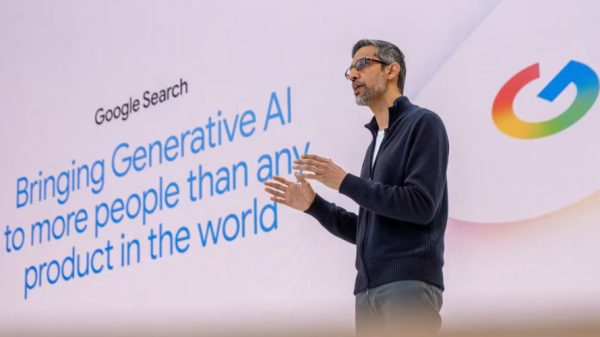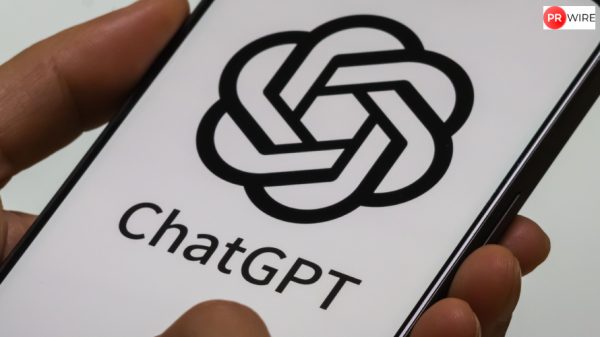The new platform was unveiled at a meeting of the committee for revising the National Strategy for Higher Education and Scientific Research held on 8 May 2024, according to a media release on the official Facebook page of Libya’s Ministry of Higher Education and Scientific Research.
The new platform will use open science to make knowledge and scientific research accessible to everyone, including artificial intelligence. It will also cultivate research collaboration.
Through the application of proprietary AI technologies, the new platform will also foster links between companies, the business community, universities, and research centers to help develop their ideas into collaborative projects for achieving sustainable development.
This new Libyan digital platform is in line with the November 2023 study titled, ‘Arab Smart Platform for Research Networking as a Tool for Supporting Research Partnership under the Open Science Umbrella’ which provided a proposal for establishing an e-platform to enhance cooperation among Arab researchers in the 22 Arab states.
This initiative is part of the national strategy for digital transformation that aims at developing a scientific workforce for various IT-related fields and supporting research and development, as well as the 10-year national higher education and scientific research strategy spanning 2024 to 2034.
This plan aims to reform education, teaching, and scientific research within universities and research centers, and promote their role in achieving sustainable development.
Attracting resources and investment
The 2023 SDG Digital Acceleration Agenda, a global analysis of the connections between digital technologies and sustainable development, demonstrated how digital solutions, including digital platforms, can directly benefit 119 of the 169 SDG targets (about 70%), including in areas such as education.
Izzudin Busnaina, associate professor and head of the department of international and cultural cooperation in the faculty of economics at the University of Benghazi, told University World News: “Research and innovation are increasingly powered by collaboration as conducting competitive research and developing breakthrough innovations are moving beyond the capability of a single university or a higher education institution.
“The new platform should cooperate with similar organizations, including the African Open Science Platform and European Open Science Cloud to enhance its regional and international impact through facilitating joint research, improving the ability to attract resources and investments, and promoting the dissemination and knowledge-transfer activities,” Busnaina said.
Improved internet capability
Besides the envisaged advantages of the new digital platform, the environment for its operation was improved through upgrading the country’s current internet capacity which resulted in the low price of internet connectivity and high internet penetration, but the internet speed is still low.
Statistics show that, out of the population of about seven million, 6.6 million have access to the internet, ie, 94.8% of all Libyans. In addition, Libya is among the top five countries with the cheapest internet service in Africa after Sudan, Egypt, Tunisia, and Congo.
However, Libya is ranked 152nd out of 177 countries when it comes to internet speed, according to Data Pandas.
Challenges and the way forward
Engineer Waleed Gashout, president of the Private Higher Education Students’ Organisation in Libya, told University World News: “The implementation and operation of the smart platform will face several challenges, particularly due to the pivotal role of information and communication technology (ICT) in the development of such platforms.
“These challenges include the lack of ICT infrastructure in certain Libyan universities, the limited availability of educational software in Arabic due to its poor quality in the market, insufficient technical support, and low awareness of ICT and e-platforms among students and the academic community,” Gashout said.
Furthermore, the language barrier will also pose a significant hindrance to the implementation of the smart platform in Libyan universities.
Gashout said that the majority of online materials and references are in English. With Arabic as the official language in Libya and the fact that most of the academic community is not proficient in English, this creates huge challenges.
These challenges are in line with a 2023 study titled, ‘Digital learning platforms as a tool for developing technological skills and improving the quality of Libyan higher education institutions’ which called upon Libyan universities to keep up with and monitor the pace of ICT technological innovation as well as improving its ICT infrastructure and human resources to effectively benefit from e-platforms.
The article originally appeared on University World News.




























